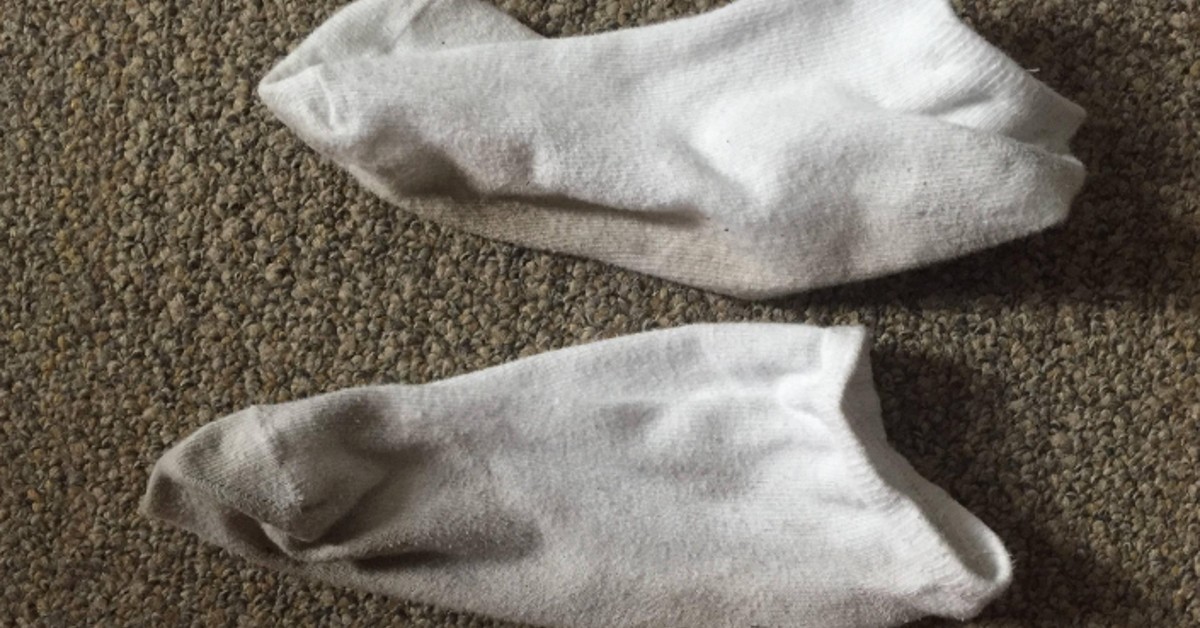He Makes $2,000 A Month Selling His Old Smelly Socks

A man has made headlines for making over $2,000 a month selling his used socks online. The man, who has not been identified, has found a lucrative niche market in the online world of fetishism and has developed a loyal following of customers willing to pay top dollar for his sweaty, smelly socks.
The man reportedly began selling his socks after receiving requests from customers on a website that allowed him to sell his used clothing. After receiving positive feedback from his initial sales, the man decided to focus solely on selling his socks, which he wears for several days at a time to maximize their odor.
While some may find the idea of selling used socks distasteful or even disgusting, the man’s success highlights the power of niche markets and the potential for individuals to monetize their unique skills or interests. It also underscores the importance of online safety and the need for platforms to monitor and regulate potentially harmful or illegal content.
However, it is essential to note that the fetishization of used clothing, particularly socks and shoes, can be a sign of deeper psychological issues, such as obsessive-compulsive disorder or a paraphilia. Individuals who engage in this behavior may be at risk of developing problematic or compulsive behaviors, and it is essential for them to seek professional help and support.
Additionally, the sale of used clothing or other fetishistic items can be problematic when it involves non-consenting parties or individuals who are exploited or coerced into participating. It is crucial for platforms that allow the sale of such items to have clear policies and guidelines that prioritize the safety and well-being of all users.
The man’s success in selling his used socks also highlights the potential risks and rewards of participating in the gig economy. While the ability to work independently and set one’s own schedule can be attractive, the lack of stability and benefits can be challenging for some. It is essential for individuals who participate in the gig economy to be aware of their rights and protections, as well as the potential risks and liabilities.
In conclusion, the story of the man who makes over $2,000 a month selling his used socks online highlights the power of niche markets and the potential for individuals to monetize their unique skills and interests. However, it is essential to be aware of the potential risks and ethical considerations involved in such practices, particularly regarding the fetishization of used clothing and the gig economy. By promoting responsible and ethical practices, we can create a more equitable and sustainable online marketplace that prioritizes the well-being of all users.

